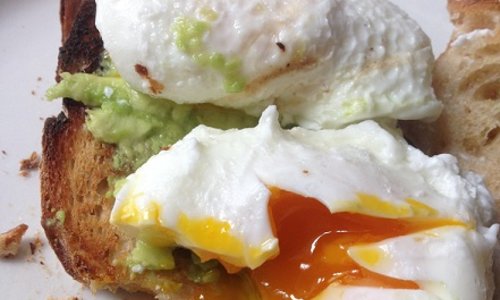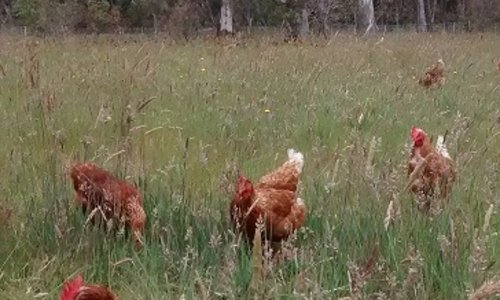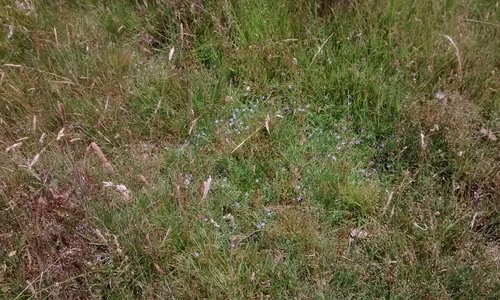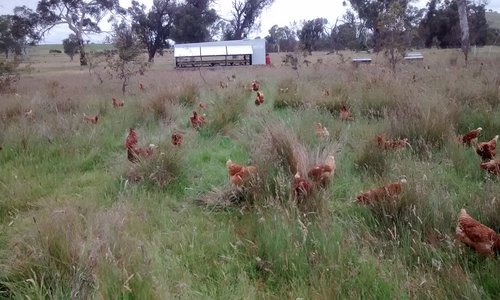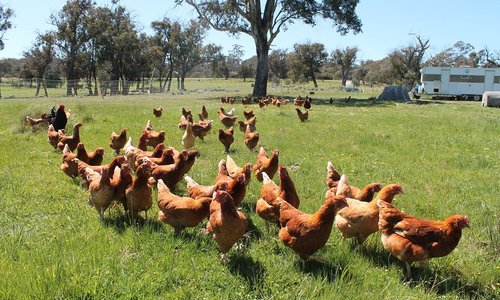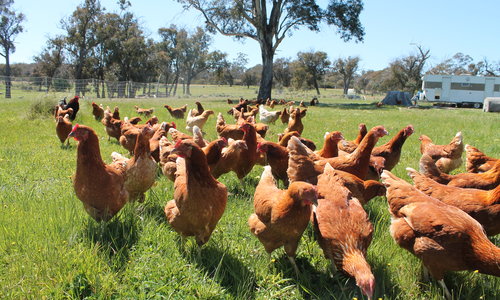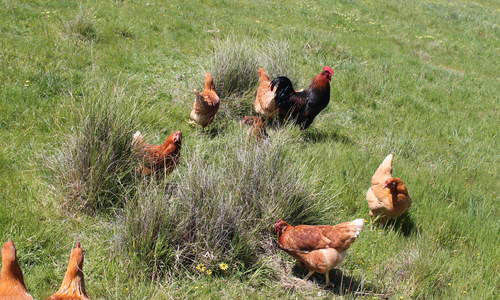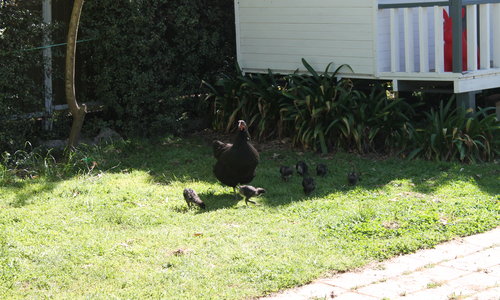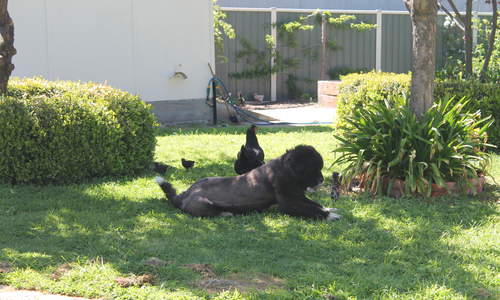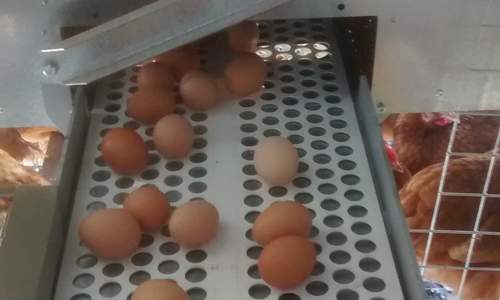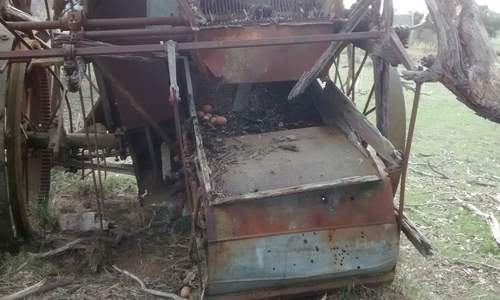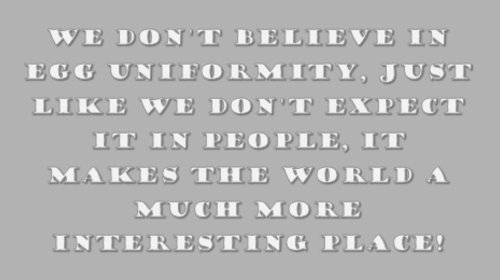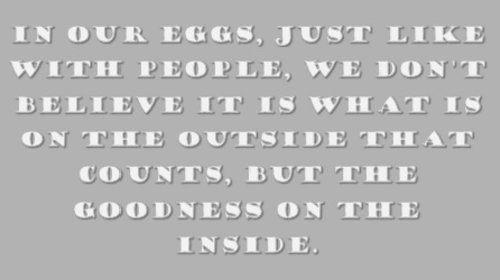FAQ's
Why choose our cage free / free range eggs?
- Better taste & more nutritious
- Ultra low food miles
- Happy Hens – animal welfare
- Waste reduction through the recycling of waste foods – reducing landfill, reducing greenhouse gases and converting the energy put into foods that have not been eaten into new healthy food.
- Locally family owned and run - helping your local economy
Scraps/Waste Food – What does this mean?
It means all the bits of food grown for human consumption that we as a wealthy country now consider to be undesirable to eat, such as
-
Vegetables peels
-
Vegetables stalks
-
Meat off cuts
It means left over food from fussy children’s fruit breaks and lunches such as
-
Bread crusts, half eaten sandwiches
-
Almost whole fruit – bananas, apples and pears
This waste food, as it is made for human consumption, has been produced to a much higher standard and quality than mass produced chicken feed pellets where generally the cheapest ingredients are used.
Overall the chickens are fed a higher quality diet, meaning higher quality eggs, all whilst reducing our waste and greenhouse gases.
We believe this makes our eggs the best tasting around.
It is not ideal financially to collect waste food (due to the time and cost of collection) compared to the alternative of purely purchasing feed – so why do we do it?
Because we could see the vast amount of uneaten food going to landfill everyday and wanted to do something about it. After all what’s the point in making more money if we can’t leave a healthy planet to our children.
What about food that is off? Will it harm your chickens?
We grade our food into:
1. Direct feed to chickens
2. Indirect feed by feeding to an intermediary such as worms or black soldier fly larvae which are then fed to the chicken as a good source of protein.
Why do our eggs cost more than some?
Our hens move around all day, meaning they use more energy than industrialised systems that restrict their hens activities. Therefore our hens require more feed to produce the same amount of eggs.
Unlike industrialised systems that control every aspect of the hens environment – temperature, light, day\night to get maximum egg product, our pastured system in dominated by the natural environment.
However pastured eggs are known to contain higher levels of omega 3’s and taste better, meaning on a price per nutrition and taste scale our eggs are good value!
Why do some do your eggs come in different shapes, colours and sizes?
Unlike industrialised systems that discard ‘non perfectly’ shaped and coloured eggs, we do not. We believe this is a large waste for the sake of identical looking eggs, and we liken it selecting people based on a ‘perfect’ look – it would make a pretty boring world!
Why do some of the eggs differ in colour?
Our hens are not limited to a ‘scientific’ formula feed. Limiting hens to this feed as in an industrialised system does give very consistent egg, but often a less favoursome and less nutritious egg. As our hens are able to forage freely their diet will change depending on the seasons and weather. The natural hierarchy within the flcok also can play a part as to which hens get access to the tastiest foraged food. This occasionally means that our eggs may vary in colour and taste, but we see this as just part of a natural process.
